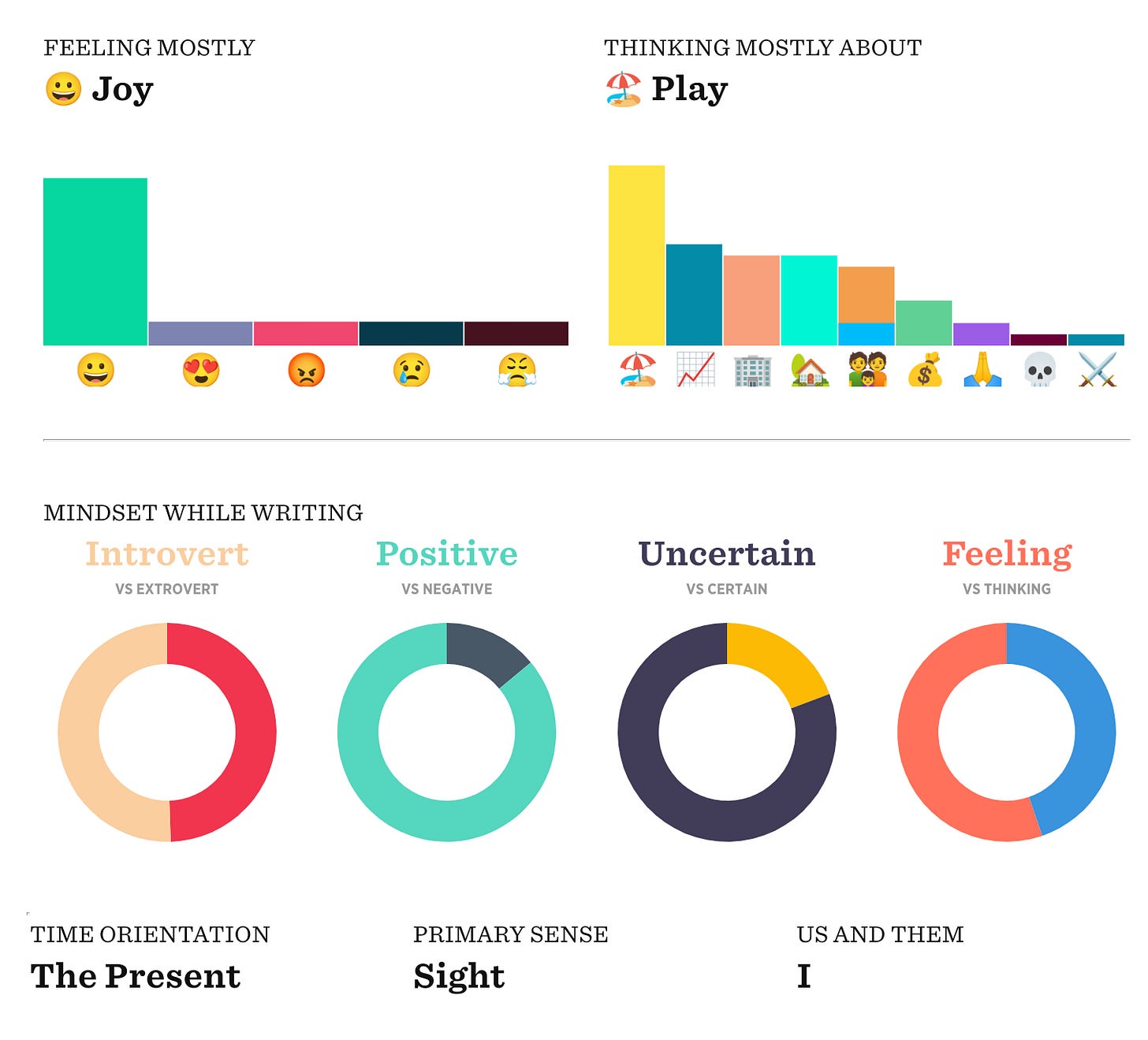750 Words Will Help Clear Your Mind
Free writing in the morning has been a game-changer for me

I’ve mentioned the topic of morning pages before. It’s something that I’ve done off and on over the past decade. The concept is simple. You just write everything that’s in your head, ideally when you first wake up. The idea is to clear your mind of all the thoughts that have stockpiled overnight.
Getting them out on the written (or virtual page) helps give them credence. You can acknowledge them and let them stop rolling around in your brain. There may be instances when these ideas are great and worth pursuing, but the point isn’t to write a beautiful novella every morning. The point is to clear your mind for productive thinking for the rest of the day.
Most supporters of morning pages urge you to write down three pages worth of material. With average penmanship, a typical page of notebook paper can hold about 250 words. You can do the math, three pages equal 750 words. A magical number to unlock all the great ideas that are knocking around in your brain when you first wake up. This is the thought process behind the website 750words.com
I’ve been regularly jotting down my morning thoughts and ideas in the 750words platform for the past few months, and the experience has been wonderful.
There is nothing radically different about the site. You could easily write your 750 words on paper or in your digital notebook of choice. But the magic of the website lies in its simplicity. It’s just a blank canvas that keeps track of your word count. You can just freely enter your thoughts until you’re covered with virtual confetti once you reach that 750-word milestone!
Yeah, 750words.com does an amazing job of adding some fun and personality to the daily grind of morning pages. They help to “gamify” the experience in a way that motivates and incentivizes. Do you want a digital flamingo badge to show up on your profile? Yes? Well, then you better hit your 750-word goal for seven days straight!
The badges and milestones may seem silly, but they are a proven way to help habits stick. Streaks are typically good things to keep going. They shouldn’t be the end all be all of the motivation, but they can serve as a helpful guide when you’re not having your best day. Whether you’re earning virtual badges or just making an “X” on the calendar a la Jerry Seinfeld, streaks can be powerful motivators.
I sometimes take breaks from my morning pages over the weekends or when on vacation. I think it’s helpful to set up these boundaries. Most weeks I have a guaranteed 5-day streak on the weekdays. But I do feel a bit off on days where I don’t log my 750 words. It’s like a fog that lifts each morning as you type them out.
Beyond the streaks, the site gives you some really interesting analytics about your writing. There are basic things like typing speed, but do you ever wonder about the tone of your writing? Is your writing more introverted or extroverted? Do you tend to write about the past, the present, or the future? 750words gives you charts, graphs, and word clouds that break it all down for you. You can pay attention to these things or ignore them, but they’re fascinating nonetheless.
If you’re not already engaging in a daily journaling habit (or even if you are), I can’t recommend 750words.com enough. And no, they’re not paying me to write this. I’m just a really satisfied user of the product and think that many people would greatly benefit from some “free writing” to clear their minds each day.
Do you already have a journaling practice that works for you?





As a writing process expert, I'm always intrigued by what works for others. Anytime you want to chat writing process, Chris, let me know!
I have used 750words sporadically for over a decade and not until I joined some friends in a challenge to find a way to write every day for 100 days did I actually succeed in starting a streak that lasted a whole month. I am now getting dangerously close to 200 days and the answer has been focusing harder on the "every day" part than the "never missing a single day" part. it turns out the advice to not let the pursuit of perfect destroy the good was always the best advice for me but my perfectionism wouldn't let me hear it.